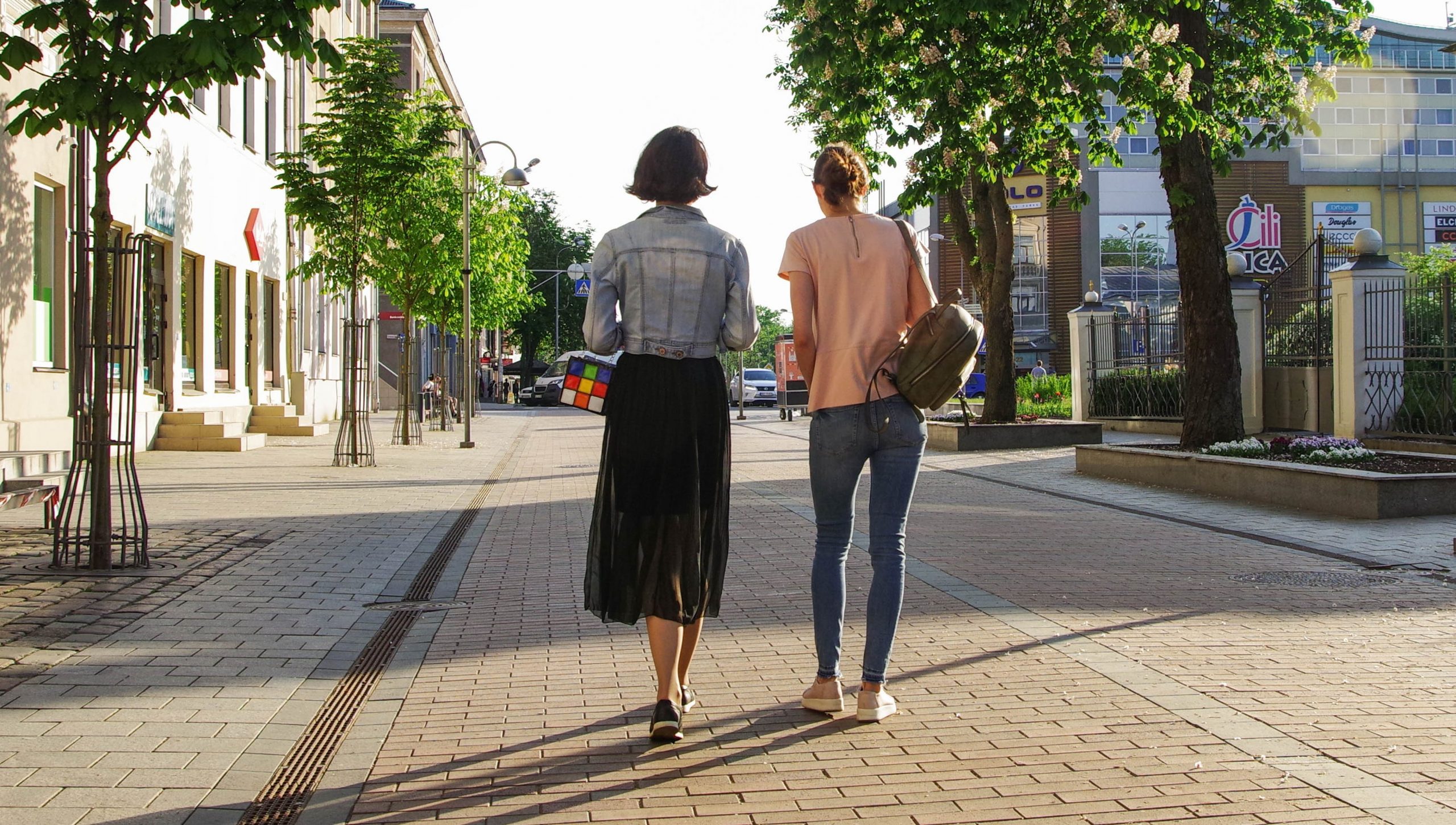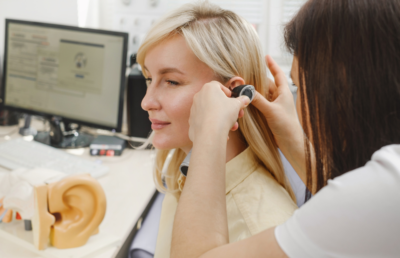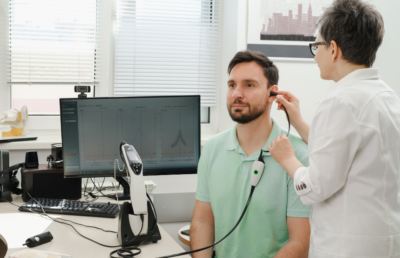We spend most of our time discussing how treating hearing loss can improve overall quality of life and also help the patient feel more connected to their friends and community. For example, recently there have also been an increasing number of articles linking hearing loss to early onset of dementia, and showing how hearing aids can help to delay the onset of mental deterioration.
However, hearing aids also have a much more practical and immediate benefit—they can help the patient avoid the potential for physical injury that comes with hearing loss.
It’s easy to underestimate the important part our hearing plays in our day-to-day safety. Hearing can help us sense danger before it happens so we can get out of the way. The hearing apparatus in our ear also plays a major role in our sense of balance and orientation.
People with hearing loss are at an increased risk of falling, which could easily lead to broken bones (especially in the elderly), traumatic brain injury, or worse. Hearing is also extremely important in being able to go through life confidently and safely when doing things like driving, crossing the street, or riding the elevator.
In addition to this, trying to hear things when suffering from hearing loss puts a lot of strain on the brain of the individual. This could lead to decreased performance on other important brain tasks, such as orientation and balance. Treating hearing loss with hearing aids lowers the cognitive load of the patient, freeing up more mental energy for those other crucial tasks.
Onerecent study out of Washington University in St. Louis found that patients who had hearing loss and had hearing aids had measurably better balance than those with hearing loss and without hearing aids. The study showed that sound information we receive from the environment contributes to maintaining our stability completely separately from the balance system of the inner ear.
Another significant study, published in the JAMA Otolaryngology-Head & Neck Surgery, looked into whether hearing played a role for the 6.6 million U.S. adults who experienced accidental injuries annually between 2007 and 2015. The study found that compared to those with normal hearing, those with “a little trouble” hearing were 60 percent more likely to have been injured, those with “moderate trouble” were 70 percent more likely, and those with “a lot of trouble” hearing were 90 percent more likely to have been injured.
These numbers are remarkable, and should worry anyone who has loved ones who they suspect may have hearing loss and have not been treated. If you suspect your loved one may be suffering from hearing loss, the best thing you can do is get their hearing tested and corrected. That way, you’ll be able to avoid the extra risk of these types of physical injuries. Have a question? Contact us today!





